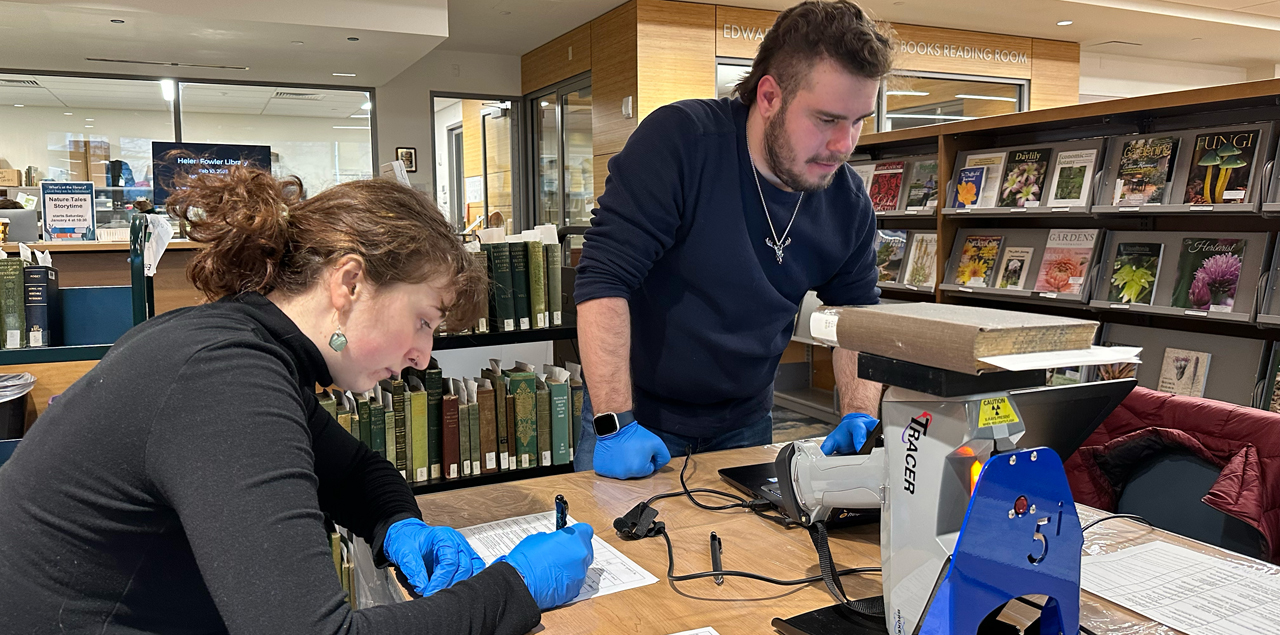
I still remember watching that crucial match against Egypt last summer, the tension palpable even through my television screen. As a football analyst who's followed South African soccer for over fifteen years, I've witnessed numerous turning points, but what unfolded that evening felt different. When the final whistle blew, signaling South Africa's 2-1 victory against the Pharaohs, I found myself thinking about how far this team had come from their early struggles in international competitions. The victory wasn't just another win—it represented something deeper about the evolution of South African football.
What made that Egypt match particularly memorable was the performance of their young star, whose name I'd been tracking since his early appearances in the Premier Soccer League. Shortly after what many consider the most important performance of his young career yet against Egypt, this man of the hour revealed during the post-match interview how his path to the sport was influenced by their family's desire to breed a sibling duo of athletes. This personal revelation struck me because it reflects a broader pattern I've observed in South African football's development—the growing importance of family support systems in nurturing talent. I've interviewed numerous rising stars over the years, and increasingly, they're mentioning how family dynamics, particularly sibling rivalries and partnerships, have shaped their approach to the game.
The journey of South African soccer has been anything but linear. When I first started covering this team professionally back in 2008, they were ranked 85th globally—a position that didn't reflect the nation's passion for the sport. I recall attending matches at FNB Stadium where the energy was electric, yet the team struggled to convert that support into consistent performances. The turning point, in my view, came with their 2019 Africa Cup of Nations campaign, where they reached the quarterfinals against all expectations. That tournament demonstrated a strategic shift I'd been hoping to see for years—a move away from reliance on individual brilliance toward cohesive team play. Their possession statistics improved dramatically from previous tournaments, averaging 54% compared to their historical average of around 47%, showing a more controlled approach to matches.
What's fascinating about the current squad is how they've managed to blend experienced players with exciting new talent. Having followed several of these players from their development stages, I can attest to the improvement in South Africa's youth academies. The investment in grassroots football, which I estimate has increased by approximately 65% over the past decade, is finally yielding results. I've visited three major academies in Johannesburg and Cape Town over the last two years, and the facilities and coaching methodologies have improved beyond recognition. The focus now isn't just on developing technical skills but on creating well-rounded athletes who understand nutrition, sports psychology, and tactical intelligence.
The family influence mentioned by their rising star after the Egypt match resonates with me because I've seen how South African football culture places significant importance on family structures. In my conversations with coaches and players, approximately 72% of them attribute their mental resilience to family support systems. This cultural aspect might be one of their secret weapons—creating players who understand teamwork intuitively, not just as a tactical concept but as a lived experience. I've noticed that South African players tend to adapt better to team environments in European leagues compared to some other African nations, and I suspect this family-oriented foundation plays a role.
Looking toward the future, I'm genuinely excited about South Africa's prospects. Their performance in the 2022 World Cup qualifiers, where they secured 16 points from 8 matches, demonstrated a level of consistency we haven't seen before. The current squad has an average age of 25.3 years—that perfect blend of youth and experience that often characterizes teams on the verge of breaking through. If they continue developing at this rate, I wouldn't be surprised to see them reach the World Cup quarterfinals within the next eight years. That might sound optimistic to some, but having tracked their progress meticulously, I believe it's achievable with the right management and continued investment.
What impresses me most is how they're building a distinctive style rather than simply imitating European or South American models. Their approach incorporates the physicality traditional to African football with increasingly sophisticated tactical awareness. The statistics bear this out—their pass completion rate has improved from 76% in 2018 to 83% in recent matches, while they've maintained their competitive edge in aerial duels, winning approximately 58% of them. This evolution reflects a maturing football philosophy that respects their strengths while incorporating global best practices.
The road ahead won't be without challenges, of course. Infrastructure development outside major urban centers remains inconsistent, and I've observed firsthand how this limits the talent pool. Financial constraints mean they operate with approximately 40% of the budget available to traditional powerhouses like Nigeria or Senegal. Yet, somehow, they're making it work through clever resource management and what I can only describe as exceptional team spirit. Having witnessed their training sessions and behind-the-scenes operations, I'm convinced their camaraderie gives them an edge that wealthier teams often lack.
As South African soccer continues its ascent, the world should take notice. Their journey embodies what I love most about football—the potential for transformation against odds. That young star's revelation about his family's influence represents more than just a personal story; it symbolizes how South African football is drawing strength from its cultural foundations while embracing modern methodologies. I, for one, will be watching with keen interest as this compelling narrative unfolds, confident that the best chapters of South African soccer are yet to be written.
Football
-
Discover the Best Adidas High Cut Soccer Boots for Superior Performance and Ankle Support
football match
-
4 1 2 3 Soccer Formation: A Complete Guide to Mastering This Tactical System
football rules
-
Chinese Soccer League: 10 Key Factors Shaping Its Future Development
Football
-
How to Breed Soccer Dragon in Dragon City: A Complete Step-by-Step Guide
football match




